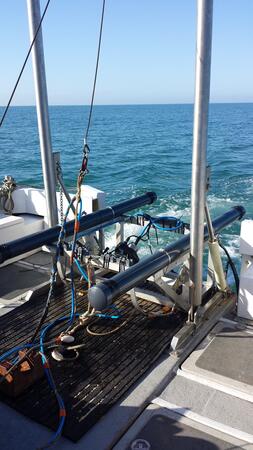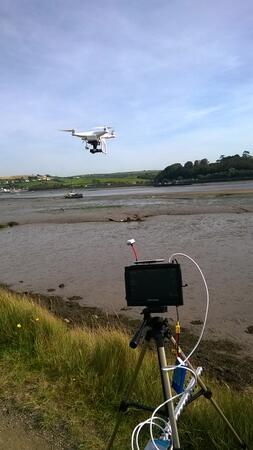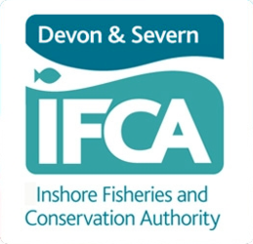Research
- Home
- Environment & Research
- Research
Page review/updated 04/12/2024
(Content of page last updated: 21st November 2022)
RESEARCH IN THE D&S IFCA’S DISTRICT
The Environment Team at Devon and Severn IFCA (D&S IFCA) carry out a wide range of research to support the decision making processes of the Authority.
The research answers specific questions relating to Marine Protected Areas, fishing gear impacts, fishing activity levels, fisheries stocks and much more. Findings are used to inform management decisions in the District via the introduction of local measures through D&S IFCA’s flexible permit conditions. Outputs from D&S IFCA’s research are also shared nationally through the IFCA’s Technical Advisory Groups to help inform management at this scale. Most of the research carried out is planned in advance and is outlined in the D&S IFCA’s Annual Plan. However, D&S IFCA also carries out reactive work due to the dynamic nature of fishing industry potentially targeting new and emerging fisheries, environmental changes and designations of new Marine Protected Areas.


The evidence gathering carried out by D&S IFCA involves physical surveys out in the field or desk based research and literature reviews. The field work is carried out throughout the District both in the intertidal and subtidal zones.
The team uses a wide range of survey equipment, from quadrats and Dutch wands for intertidal shellfish surveys, to cameras, sonars and grabs for subtidal surveys. D&S IFCA also uses the latest technology to improve efficiency of surveys when appropriate, for example with the use of UAVs or drones to carrying out intertidal work.
Some of the subtidal research work can be conducted from D&S IFCA vessels and, when necessary, the IFCA charters survey vessels or works alongside fishers on their fishing vessels. Examples of working alongside fishers include stock assessment data gathering and tagging of fish and shellfish. In these cases, it is best to use the fishing vessel equipment and expertise of the skipper and crew.
Research is also carried out through collaboration and partnership working with other organisations. This can be with other IFCAs, government bodies, academic institutions, consultants and a range of other stakeholders.
